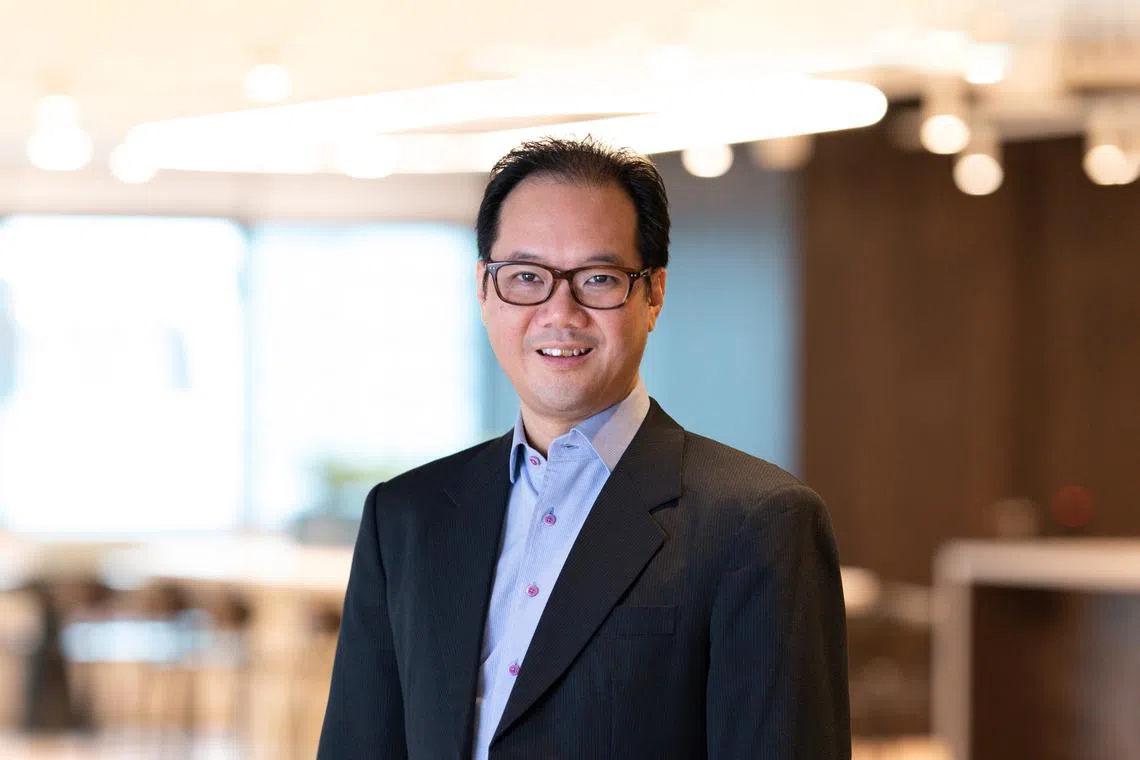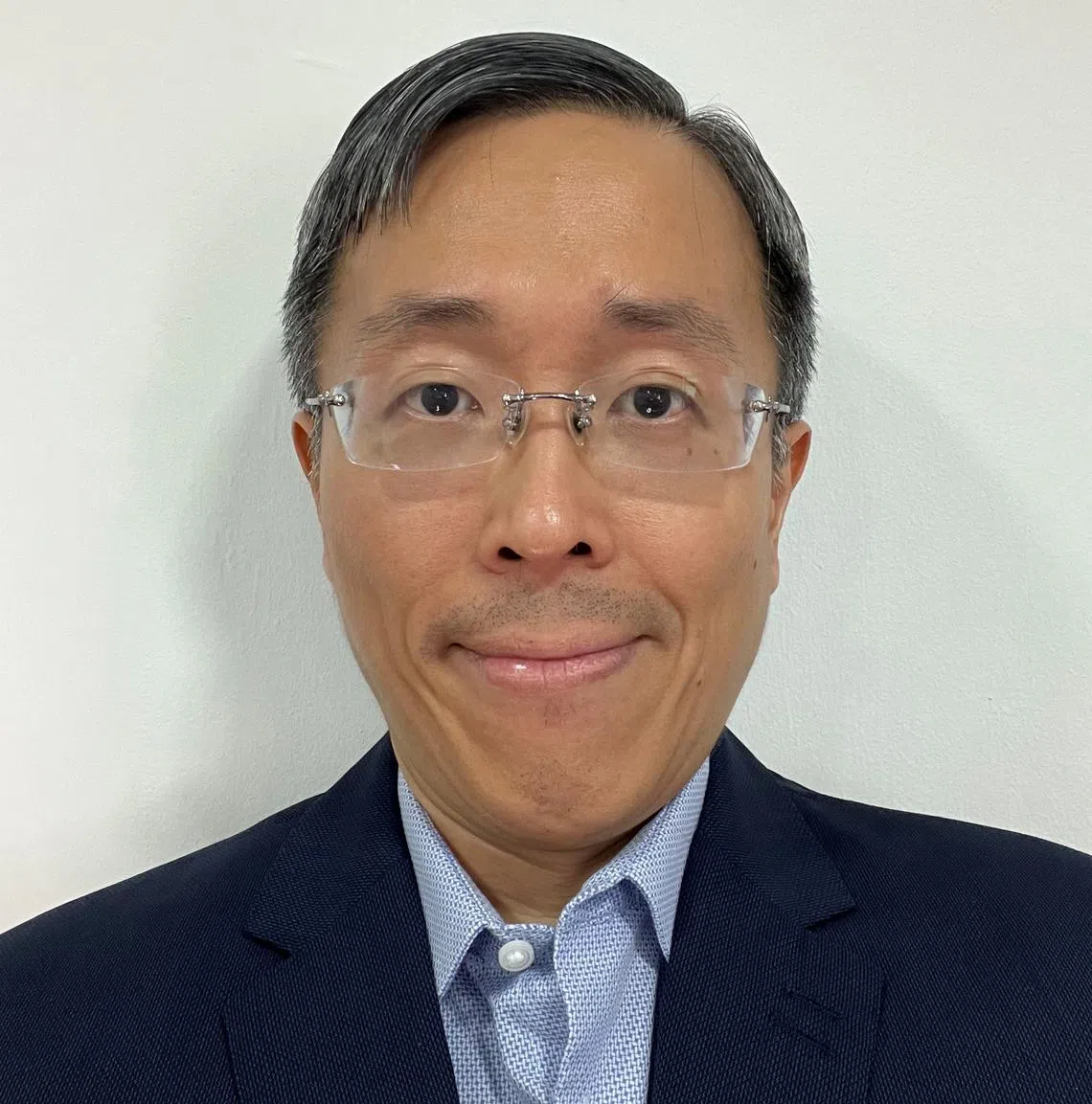Harnessing the power of artificial intelligence in finance
Generative AI is paving the way for a revolution in finance and accounting
LIKE many industries, the finance and accounting profession has been impacted by the emergence of powerful generative AI (GenAI) technologies such as ChatGPT, a chatbot that can create humanlike conversational dialogue and compose content such as essays, social media posts and code.
Dall-E, another GenAI tool, enables users to generate imagery in different styles based on a user’s text prompts.
Finance and accounting professionals say that GenAI is more than just a fleeting trend, but a catalyst to redefine the industry’s landscape. In particular, this technology can potentially enhance the capabilities, perspectives, and decision-making of finance teams.
“Today, a number of accounting tasks require heavy manual effort, for example, interpretation of accounting standards. GenAI starts to change the game in that it not only can analyse standards but also compare and contrast across locations and prepare an accounting schema. While the precision is perhaps not there today, the rapid maturing of GenAI means it is possible,” says Mark Jansen, partner and data trust services leader at PwC Singapore, who spoke at the CFO Connect Symposium organised by CPA Australia in July.

When properly employed, GenAI can free up more time and bandwidth for chief financial officers (CFOs) and finance leaders to focus on what is important and strategic in their organisations. “Ultimately, the role of the CFO should be at a strategic level, to be part of the C-suite team to help the CEO chart the course for the organisation,” says Dennis Lui, the chief executive of VITAL Shared Services (Ministry of Finance).
At VITAL, which serves more than 100 public agencies by providing shared services in human resources, payroll, finance and procurement, GenAI is able to help staff move beyond traditional backroom and manual processing work, and towards higher-value tasks such as finding innovative ways to transform processes.
Navigate Asia in
a new global order
Get the insights delivered to your inbox.
Despite the technology’s huge promise, Ronald Wong, EY Asean and Singapore financial accounting advisory services leader, says finance teams need to develop clear protocols on the use of GenAI with security considerations in place, in order to build trust in such systems and the insights they generate. Wong and Lui are both members of CPA Australia.
Acquiring the right skills
The adoption of GenAI can also profoundly impact the way finance and accounting professionals think about their future talent strategy. “Already, core finance roles – such as financial reporting, accounting and financial control – have evolved as a result of advances in automation and AI. The finance function’s skills profile will also likely change to be more digitally focused,” says Wong.

In particular, finance professionals will need to acquire skills related to machine learning and the basis for AI output, so that users can better understand how such output can and should be used. Without such skillsets, organisations seeking to exploit GenAI may not be able to fully realise the technology’s potential.
To get the best out of GenAI tools such as ChatGPT, Jansen is urging companies to start training their staff in “prompt engineering training”, or how to query and challenge the technology. “That’s something we can all do. It doesn’t take much effort. And then you’ll actually start seeing the implications from business very rapidly,” he says.
To this end, local universities already provide digital and data analytics modules in their accounting programmes. For instance, Singapore Management University’s (SMU) School of Accountancy launched a second major on accounting data and analytics for its undergraduate programme, and a master of science in accounting (data analytics). The university has also introduced certificate programmes on data analytics and AI.
“These programmes can equip students and professionals with the important skillsets they require in the era of AI,” says Professor Qiang Cheng, dean, School of Accountancy and Lee Kong Chian Chair Professor of Accounting, SMU.

Plugging the talent shortfall
As technology is constantly evolving, accounting students and professionals will need to stay abreast of the latest developments that may impact their work. They can do so through initiatives such as the SkillsFuture Series, which offers industry-relevant training in in-demand skills such as digitalisation.
On their part, organisations need to support their finance professionals in reskilling or upskilling to gain capabilities in digital finance and AI. To address its talent crunch, VITAL is building an army of “Citizen Developers”, or staff who are able to use low-code or no-code software to create custom applications to help them in their work, without requiring extensive IT training or expertise.
“Our Citizen Developer approach provides VITAL with a more efficient, cost-effective, and agile way to create applications and automate processes. Using low-code or no-code platforms, our staff can create solutions more quickly and at a lower cost than relying on a limited pool of IT professionals,” says Lui.

“This not only allows VITAL to respond more quickly to changing business needs and requirements, but by reducing the backlog of IT requests, IT professionals can now focus on more complex and strategic projects.”
The path forward for GenAI in the finance and accounting sector requires a symbiotic relationship among the finance industry, educational institutions, and the evolving AI technology. This synergy is critical in ensuring that finance professionals are adequately equipped to navigate and thrive in a GenAI augmented landscape, thereby propelling the industry to new heights of efficiency and innovation.

Decoding Asia newsletter: your guide to navigating Asia in a new global order. Sign up here to get Decoding Asia newsletter. Delivered to your inbox. Free.
Copyright SPH Media. All rights reserved.

